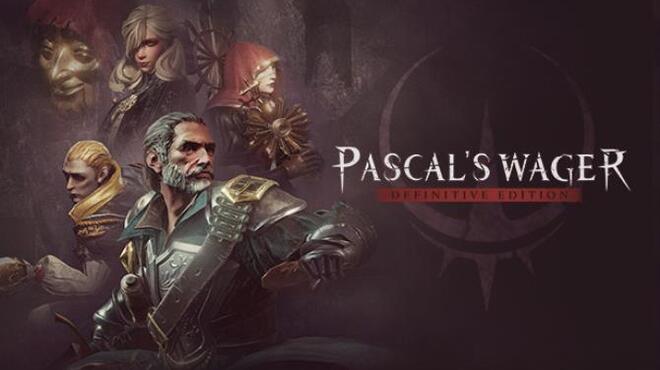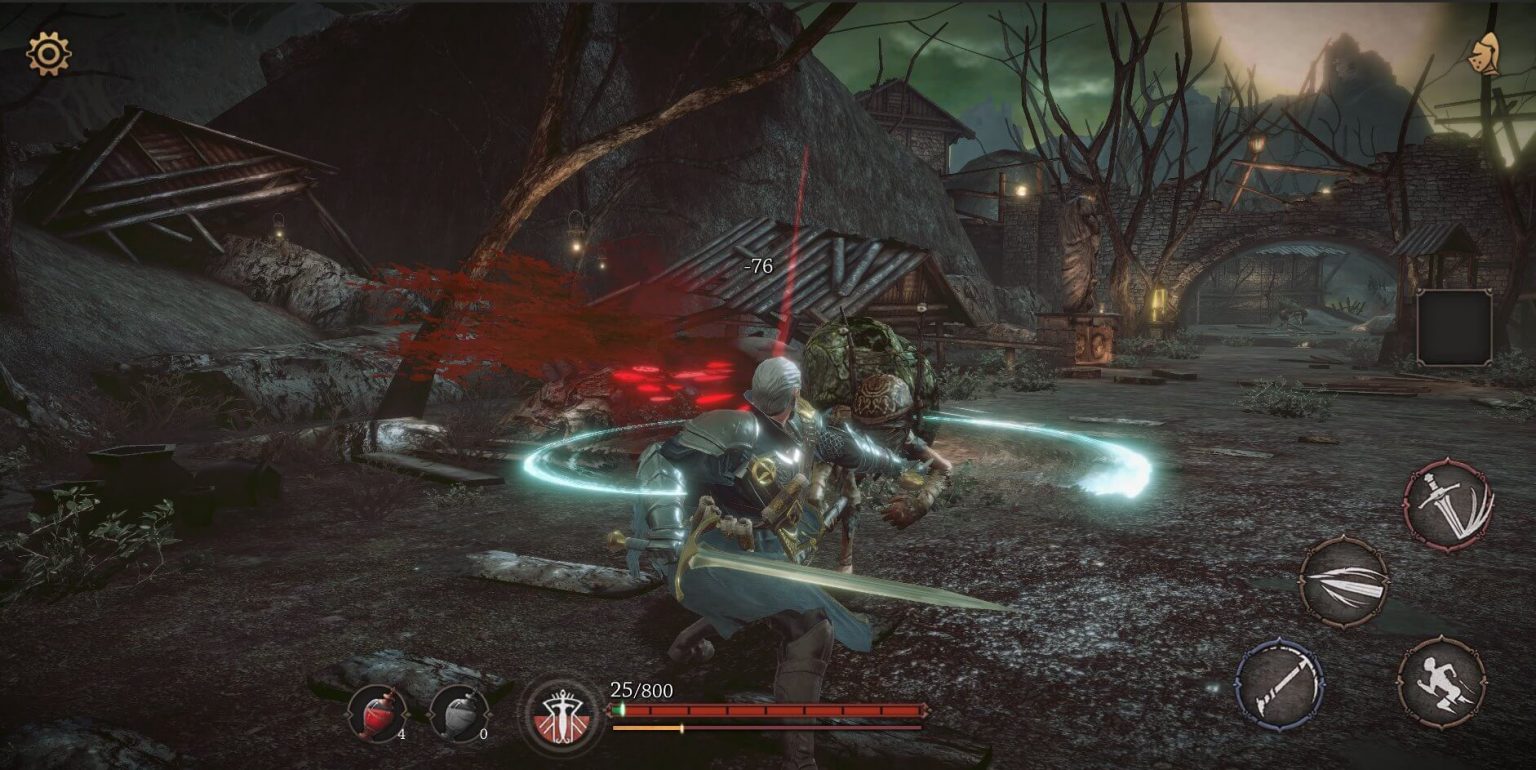

He had a vision of Jesus on the cross, he wrote: November 23, 1654, Pascal underwent a conversion experience. As well as work in physics, including work hydrostatics and vacuum, he invented the syringe and a hydraulic press. He also worked with Fermat on what became the foundations of probability theory (Shafer, 1993). He did pioneering work on conic sections, cycloid curves and number theory. He is perhaps best known by school children through Pascal’s Triangle – although he did not ‘invent’ this but did give his name to it as he did so much work with it. He developed one of the first calculating machine, at age 19, to help his tax-collector father with lots of tedious calculations. Pascal gave his name to the SI unit for pressure (Pa = 1 N/m 2), a rule, a law, a triangle, a wager and a theorem. By all accounts Blaise at an early age was a mathematical genius. His father, a keen mathematician, taught Blaise at home. He and his two sisters were raised by his father, his mother died when he was three. The French mathematician and philosopher Blaise Pascal (1623 – 1662) was born in Claremont and died in Paris.

To this end respectful and constructive comments are highly encouraged.) Guest articles are sought after for the purpose of bringing more diverse viewpoints to the topics of mathematics and theology. It is one of the very few books I will be both using in my classes and giving to my friends.(Disclaimer: The views expressed by guest authors do not necessarily reflect those of. And he never loses sight of the personal and moral dimensions involved in accepting or rejecting a religious path. Rota manages the incredibly difficult trick of explaining, in a way that the educated reader or the philosophical beginner can understand, the relevance of technical philosophical concepts to questions of great existential import. Taking Pascal's Wager is really an invitation to think carefully about whether the Christian story might be true and, if so, what one ought to do about it-an invitation that could be taken up with profit by anyone sincerely interested in whether God exists. Fortunately, it is not written like a textbook-far from it. Almost all the topics occupying center stage in contemporary philosophy of religion come in for serious attention, so that the book would work well as the core text of a survey course. But it is much more than an excellent defense of the wager. "Rota's well-crafted book is built around a purified form of Pascal's wager-one that emphasizes that taking a 'gamble' on God need not be motivated by selfishness. Like Pascal, Rota leaves us with a question: What wager will we make? He looks at the actual effects of such a commitment in three recent, vivid, gripping examples-Dietrich Bonhoeffer, Jean Vanier and Immaculée Ilibagiza. In addition, Rota takes a turn not found in many books of philosophy. By engaging with themes such as decision theory, the fine-tuning of the universe, divine hiddenness, the problem of evil, the historicity of the resurrection and the nature of miracles, he probes the many dynamics at work in embracing the Christian faith. Rota considers Pascal's wager and the roles of uncertainty, evidence, and faith in making a commitment to God. Since there is much to gain (for ourselves as well as for others) and relatively little to lose, the wise decision is to seek a relationship with God and live a Christian life.

But Michael Rota contends that Pascal's argument is still compelling today. This was the challenge posed by the French philosopher Blaise Pascal over three hundred years ago. If we are wrong, however, the consequences could be eternally disastrous. If we are right, then we will have lived in line with reality. On the other hand, we might not believe in God. If we are wrong, the downside is limited. If we believe in God and are right, the benefits include eternal life. Since we can't know with absolute certainty that God exists, each of us in a sense makes a bet.


 0 kommentar(er)
0 kommentar(er)
